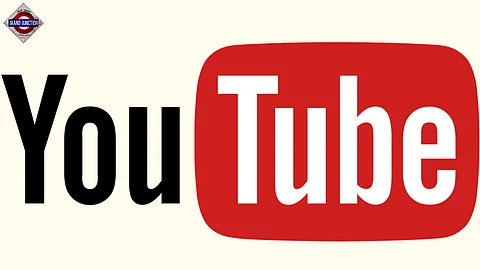

YouTube has always pushed its creators to create original, engaging, and informative content, especially more so if they are a part of the YouTube Partner Program and are actively making money through the monetisation of videos. However, the video giant will update its Partner Program monetisation policy, starting as soon as 15 July, to discourage creators from posting unoriginal and inauthentic content.
In an official policy update, YouTube said that in order to monetise as part of the YouTube Partner Program, it has always required creators to upload original and authentic content. The company has now made it clear that starting 15 July, “YouTube is updating our guidelines to better identify mass-produced and repetitious content. This update better reflects what ‘inauthentic’ content looks like today.”
Having said that, YouTube has not clearly defined what it means by “mass-produced,” “repetitious,” and “inauthentic,” but reportedly, YouTube could be referring to videos that are generally based on set templates, videos generated using AI tools, and others wherein some creators copy a lot of other creators' original work and put a low-effort spin on it.
At large, this could discourage creators from actively relying on AI tools to create their videos, especially those who keep spamming the website with multiple videos. This is commonly seen in genres like gaming, wherein some creators can create faceless gaming channels and post a lot of gameplay with AI-generated voices and characters.
What happens to virtual YouTubers? Well, earlier this week, we posted how virtual YouTubers were making millions by creating channels with virtual avatars. These channels post gameplay videos but have a virtual avatar running on them instead of a face cam. However, these creators mostly do their own voiceovers, and some have reportedly made millions.
This still is up in air for now because YouTube is yet to describe the exact details of this change, but more should become clear starting 15 July, when these changes go into effect. Again, YouTube has not mentioned AI-generated videos specifically; it just mentioned “repetitious” and “inauthentic” content. So, it remains to be seen how this pans out.
If this does come to fruition, it would certainly be interesting to see what happens to some of the most popular AI tools to which creators resort. Because if AI-generated videos that make people money are no longer allowed on YouTube, it leaves no incentive for them to actively take out subscriptions for popular AI tools, especially those that help creators generate virtual avatars, audio, and more.
Source: Hindustan Times
